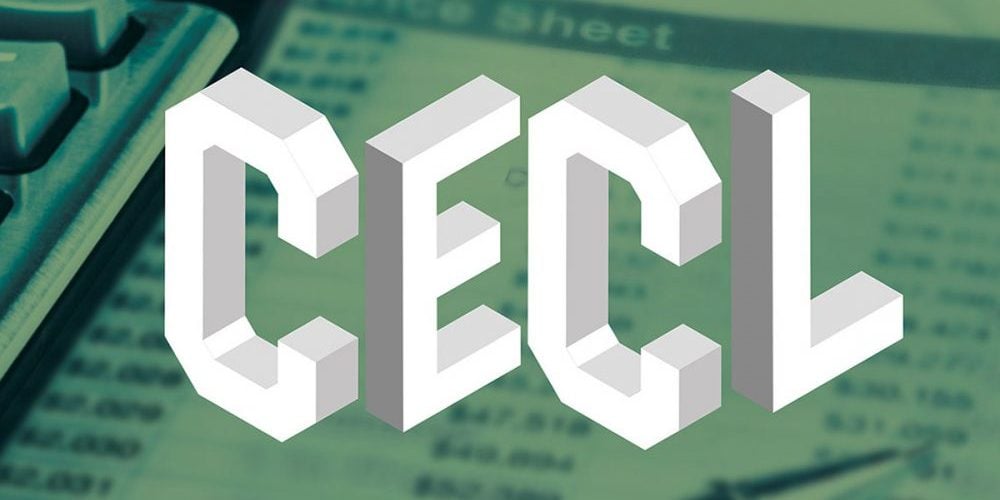Banks increase CECL reserves due to forecasted economic downturn

With the end of 2022 behind us, financial institutions are making predictions about economic conditions as they prepare their financial statement estimates for their annual reports. The CECL reserve is one of the most significant estimates a financial institution will make, and it is heavily influenced by the company’s economic predictions.
Predicted Economic Downturn in 2023
In their 3rd quarter earnings release, 5 of the largest US banks are predicting an economic downturn. While new loans are steadily increasing and interest income is up over last year due to the increase in interest rates, all 5 of these major banks have increased their CECL reserve in Q3, citing the economy as a major factor. Wells Fargo CEO, in his comments about the 3rd quarter, said, “We continue to see historically low delinquencies and high payment rates across our portfolios. We are closely monitoring risks related to the continued impact of high inflation and increasing interest rates, as well as the broader geopolitical risks, and while we do expect to see continued increases in delinquencies and ultimately credit losses, the timing remains unclear.”
“The overall state of the economy is deteriorating and a lot of it is just the weight of elevated inflation and higher interest rates,” said Richard F. Moody, chief economist at Regions Financial Corp. “I don’t think that we’ve seen the full effects of higher rates work their way through the economy, so that’s why we have pretty low expectations for the next several quarters.” (Cambon, 2022)
continue reading »
